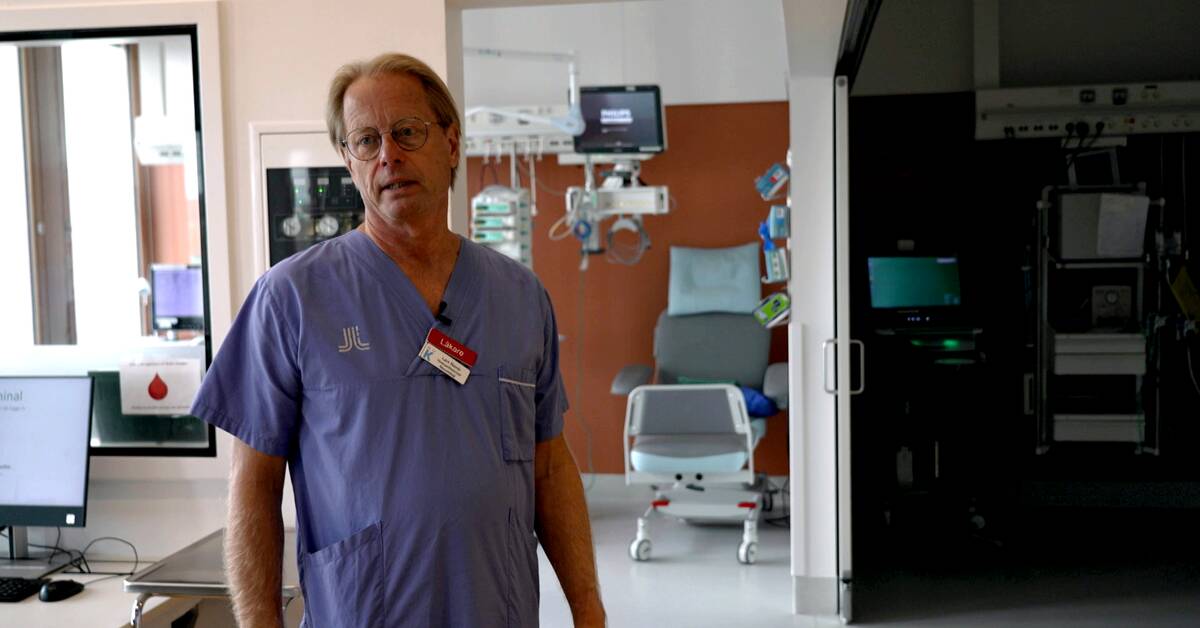Approximately 10 percent of all newborn babies in Sweden are cared for in a neonatal unit.
About a third of them are premature, while the rest are cared for in the pediatric intensive care unit for other reasons, such as breathing difficulties and infections.
It happens that these children, like other patients in healthcare, need to change departments or hospitals in order to receive the best possible care.
Last year, a total of 1,484 newborns were transported between the country's 37 hospitals that provide neonatal care.
But of these transports, 251 babies were moved solely because of a lack of care places.
This shows statistics that the Neonatal care register (SNQ) has produced for SVT.
- Most often it is the most fragile group in neonatal care that is transported, i.e. the premature babies, says Mikael Norman, record holder SNQ and professor and chief physician at Karolinska University Hospital.
Moved despite empty beds
The lack of neonatal care places is found throughout the country, but the load varies between hospitals.
The biggest problems are at the university hospitals and above all in the big cities, Gothenburg and Stockholm.
Lars Navér is senior physician and head of neonatology at Karolinska University Hospital.
When SVT visits him in Solna, around half of the intensive care places are empty.
Both he and other doctors and operational managers in the country with whom we have been in contact also emphasize that it is basically a matter of a lack of staff, above all nurses and specialist nurses.
- In terms of resources, when it comes to premises, equipment, incubators, everything like that, we have everything we need to be able to care for more patients than we do now, says Navér, who believes that it is not good healthcare that they cannot take care about the children where they were born.
The recommendation is that there should be four neonatal intensive care places per 1,000 children born.
But due to the staff shortage, it doesn't look like that everywhere today.
In Region East, which includes Stockholm, it is only 2.57.
Most available nursing places are in Region North (6.35 per 1,000 births).
Photo: SVT Design
The Tagel family is one of those affected by the lack of neonatal care places.
They were forced to move at short notice twice, first when their son Alexander was to be born – and then once more.
- We were very powerless in that, says Martin Tagel.
It is unusual for serious care complications and accidents, but all transport involves an element of risk, for example the child's oxygenation can deteriorate.
- It happens that the children do not feel well after the transport, for days up to a week, says Mikael Norman.
Transports carried out suddenly also usually mean a great strain and stress for the parents.
And although the number of transports with a lack of space may seem small on the whole, Lars Navér believes that it is a big problem for those who are affected.
- Almost all families who have a newborn child who needs hospital care are in some form of crisis.
Having to change hospitals in that situation, often at short notice, is something that many people react to very strongly.
In Aktuellt at 21 tonight, you can see a longer report about the shortage of places in neonatal care, as well as an interview with KI professor Mikael Norman about what it means for the children and what can be done about it.

